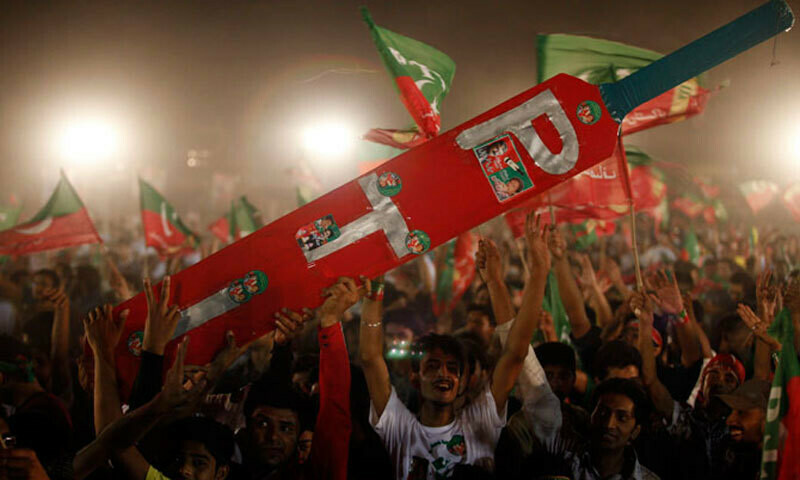ISLAMABAD: The Peshawar High Court (PHC) has announced its reserved verdict on petition of the Pakistan Tehreek-e-Insaf’s (PTI) petition challenging the Election Commission of Pakistan’s (ECP) decision declaring the intra-party election as null and void and revoking their electoral symbol “bat”.
The PHC divisional bench comprising Justice Ijaz Anwar and Justice Arshad Ali heard the plea and declared the Election Commission of Pakistan decision of December 22 null and void.
The judges, a day earlier, heard arguments presented by lawyers of the ECP and the PTI.
In today’s hearing, the court heard other parties in the case.
During the recent hearing, the court listened to arguments from other parties involved in the case. Advocate Qazi Jawwad, representing one of the petitioners, informed the court that attempts to obtain information from the PTI’s head office regarding the intra-party polls were unsuccessful, and his client learned about the elections through the media. The petitioner sought a declaration of the polls as “null and void” since they were denied the opportunity to participate.
Justice Anwar pointed out that the petitioner did not call for re-elections when objecting to the annulment of the intra-party elections. The lawyer also raised jurisdictional concerns, stating that the PHC’s provincial jurisdiction limited its ability to hear the case, considering that PTI’s intra-party elections were conducted nationwide, not just in Peshawar.
Justice Arshad questioned how a case could not be filed in Peshawar if the polls took place in the city. The lawyer argued that the PTI’s intra-party polls were held in Peshawar, and while they had approached the Lahore High Court, their petition was rejected, with the Lahore High Court suggesting the Peshawar High Court decide on the matter.
Regarding the issue of the electoral symbol, Justice Arshad questioned whether a political party could contest an election without an electoral symbol. The lawyer referenced a similar instance in 1985, to which Justice Arshad commented on the context of martial law at the time. The lawyer insisted that all actions were taken within a legal framework.
Another lawyer, Tariq Afridi, representing a party in the case, raised concerns about jurisdiction but was advised to address additional points as the previous lawyer had already presented arguments on the same matter. Afridi then focused on the bat symbol, arguing that it was not the party’s symbol before its formation and emphasized the need for a level playing field for party workers. He contended that his client believed the change in symbols was not a significant issue.


